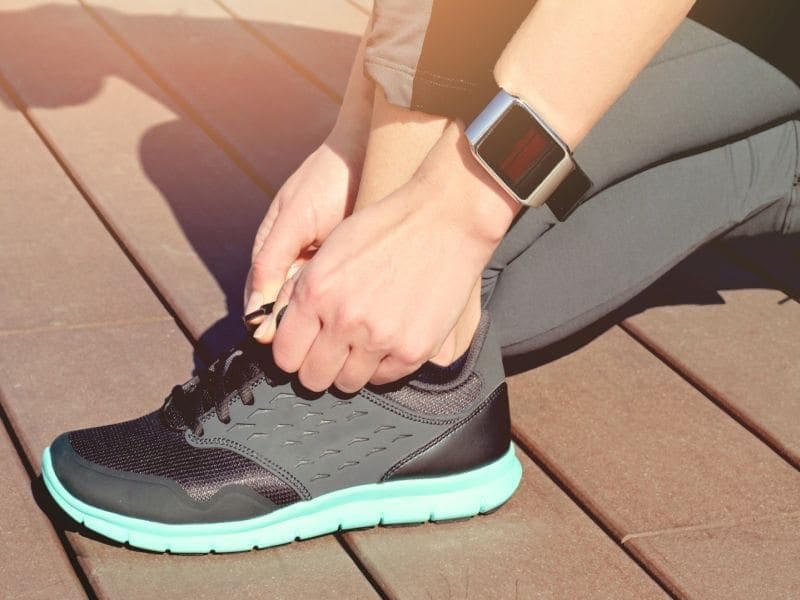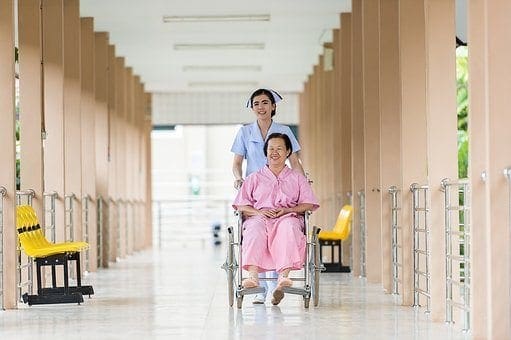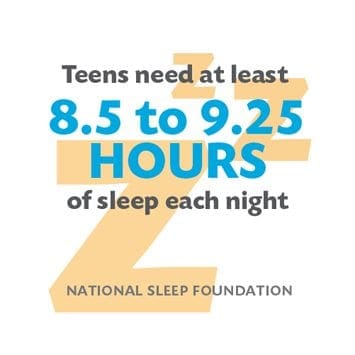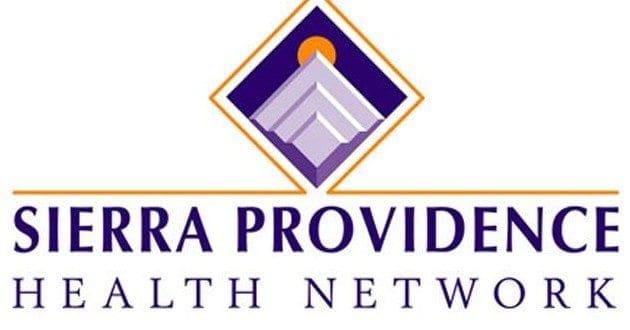
by Dr Alex Jimenez DC, APRN, FNP-BC, CFMP, IFMCP | Health News El Paso
(HealthDay News) — Wrist-worn activity trackers such as Fitbit don’t reliably assess heart rate, a new study finds.
While the devices may have some legitimate benefits, they shouldn’t be used for medical purposes, researchers suggest.
Evaluating four wearable activity trackers from Fitbit, Basis and Mio, the investigators compared results to those from an electrocardiograph (EKG). The researchers found results varied among the different models, and were much less accurate during exercise than at rest.
“These devices are probably good enough to inform consumers of general trends in their heart rate — high or low — [but] it’s important to have more accurate information when physicians are relying on this data to make decisions on medications or other tests and treatments,” said Dr. Mitesh Patel.
Patel is an assistant professor of medicine and health care management at the University of Pennsylvania. He wasn’t involved in the study.
However, the study’s lead author cautions against making too much of the discrepancies.
“At any moment, the tracker could be off by a fair bit. But at most moments, it won’t be,” said Lisa Cadmus-Bertram, an assistant professor of kinesiology at the University of Wisconsin at Madison.
“The heart-rate feature performed better at rest,” she said. “They’re not as precise during exercise.”
A 2014 survey by PricewaterhouseCoopers found that 20 percent of American adults owned a wearable activity tracker.
For the new study, 40 healthy adults, aged 30 to 65, were recruited to test the Fitbit Surge, Fitbit Charge, Basis Peak and Mio Fuse.
Generally, when compared with the EKG results, the activity trackers were near the correct mark, Cadmus-Bertram said. But occasionally, their estimates of heart rate could swing too high or too low.
At rest, the Fitbit Surge was most accurate; Basis Peak was least accurate, the study authors said.
During exercise on a treadmill at 65 percent of maximum heart rate — defined as 220 beats per minute minus age — accuracy suffered more.
The monitors could overestimate heart rate by as much as 39 beats per minute (Fitbit Surge), or underestimate it by as much as 41 beats per minute (Fitbit Charge), the study found.
The findings support those of a study released last month at the American College of Cardiology annual meeting. Depending on the type of activity, the wrist devices were up to 34 beats per minute off, those researchers found.
Again, the devices were least accurate during exercise.
Some wrist-worn activity trackers use a light-emitting diode, or LED, that measures heart rate by detecting changes in the amount of blood in the skin.
Patel said accuracy may be a problem because the devices move around on the arm, especially during exercise.
Meanwhile, Fitbit’s maker said its fitness trackers aren’t intended to be medical devices. The company issued a statement in response to the new study.
“We conducted extensive internal studies which show that Fitbit’s PurePulse technology performs to industry standard expectations for optical heart rate on the wrist,” the statement said. Moreover, “Fitbit devices were tested against properly calibrated industry standard devices like an EKG chest strap across the most popular activities performed worldwide — including walking, running, biking, elliptical and more.”
Cadmus-Bertram cautioned that the data for the new study were collected about a year ago.
“Not only have newer models since been released, but the algorithms behind the data are presumably being updated and improved on a regular basis,” she said. “So the results we found might be different if we did the study again now.”
In general, she’s remains a fan.
“On the whole, fitness trackers still provide a tremendous amount of useful information to the average user who just wants some feedback to help them to increase their exercise level,” Cadmus-Bertram said.
The study findings were published online April 11 in the Annals of Internal Medicine.
SOURCES: Lisa Cadmus-Bertram, Ph.D., assistant professor, kinesiology, University of Wisconsin-Madison; Mitesh Patel, M.D., M.B.A., M.S., assistant professor, medicine and health care management, Perelman School of Medicine and the Wharton School, University of Pennsylvania, Philadelphia; Fitbit, statement, April 10, 2017; April 11, 2017, Annals of Internal Medicine, online

by Dr Alex Jimenez DC, APRN, FNP-BC, CFMP, IFMCP | Health News El Paso
(HealthDay News) — When a bedside alarm goes off in a child’s hospital room, anxious parents expect nurses to respond pronto.
That rarely happens, however, and a new study helps explain why.
Reasons Why Response Time In Question
Researchers found that nurses are usually quick to react when alarms are urgent. But, they’re slower to respond at the end of the workday or when they suffer from “chronic alarm fatigue.”
Also, having parents present doubled the response time on average, the study found.
But, delayed response time didn’t threaten any of the 100 patients evaluated in the study, the researchers said. And just half of 1 percent of more than 11,000 alarms analyzed were deemed “actionable,” or crucial.
“The nurses were overall doing a great job predicting which alarms were going to be important,” said study lead author Dr. Christopher Bonafide, an assistant professor of pediatrics with the Children’s Hospital of Philadelphia. “Their intuition was correct.”
The high number of false alarms in U.S. hospitals has led to “alarm fatigue” among nurses. As a result, the Joint Commission — the organization that accredits American hospitals — issued new guidelines for managing alarm monitors.
The beeps and buzzes alert staff to medical problems facing patients such as high heart rates, dips in oxygen levels in the blood and dangerous heartbeat patterns, Bonafide said.
Too Many False Alarms
But, many false alarms are caused simply by babies moving around and disrupting sensors, he said.
“When an alarm goes off and the nurse is already in the patient’s room, they can immediately look up, check on the patient, and make sure everything is OK,” Bonafide said. “When a nurse isn’t in the room, some hospitals like ours have the ability to send them a text message to the phone that they are carrying.”
For this study, researchers analyzed video of 38 nurses caring for 100 patients at Children’s Hospital of Philadelphia from 2014-2015.
Almost all of the 11,745 beeps and buzzes that sounded were valid. And 50 were deemed critical, “the important ones we would not want anyone to miss,” Bonafide said. Nurses responded in about a minute, on average, to these alarms.
However, overall, half of the total alarms took 10.4 minutes or more to address, the study found.
Years on the job and caseload accounted for some differences in response time.
“Nurses with under one year of experience responded faster than nurses with one or more years’ experience,” Bonafide said. “Nurses taking care of just one patient responded faster than those caring for more than one patient. And for each hour that passed in a nurse’s shift, their response time got a little bit slower.”
Other factors appeared to contribute, too.
“If family members were absent from the bedside, response time was faster than if parents were there,” he said. The median response time was six minutes when family members weren’t there, and 12 minutes when they were.
Also, “more complex” patients got faster responses, Bonafide said. “And patients who had prior alarms that required interventions to be taken got faster responses than those who had not had those experiences.”
Marjorie Funk, a professor at Yale University School of Nursing, praised the study. She said the findings shouldn’t worry parents about leaving their child’s side at hospitals.
“Alarms for serious events sound different, and nurses respond immediately,” Funk noted. “Other alarms may require their attention, but they can finish what they are doing for another patient before responding or can ask a colleague to respond.”
Bonafide said there are no guidelines that tell nurses how quickly they should response to various alarms. But, he thinks the system needs improvement.
“There’s quite a lot we can do to improve the safety and performance of these systems and make them work for us and provide truly useful information that helps nurses identify patients who are getting into trouble,” he said.
When a child is hospitalized, Bonafide and Funk agreed that it’s appropriate for parents to ask questions. These might include asking physicians and nurses, “Why is my child being continuously monitored? What problems are you looking for?” and “What should I do if an alarm goes off?”
The study appears in the April 10 issue of JAMA Pediatrics.
SOURCES: Christopher Bonafide, M.D., assistant professor, pediatrics, Children’s Hospital of Philadelphia; Marjorie Funk, Ph.D., RN, professor, nursing, Yale University School of Nursing, New Haven, Conn.; April 10, 2017, JAMA Pediatrics
News stories are written and provided by HealthDay and do not reflect federal policy, the views of MedlinePlus, the National Library of Medicine, the National Institutes of Health, or the U.S. Department of Health and Human Services.

by Dr Alex Jimenez DC, APRN, FNP-BC, CFMP, IFMCP | Arthropathies, Health News El Paso
(HealthDay News) — Blood tests to diagnose and monitor rheumatoid arthritis may be thrown off by obesity in women, a new study suggests.
“Physicians might assume that high levels of inflammation mean that a patient has rheumatoid arthritis or that their rheumatoid arthritis requires more treatment, when in fact a mild increase in levels of inflammation could be due to obesity instead,” explained study author Dr. Michael George, who’s with the University of Pennsylvania Health System in Philadelphia.
Blood tests for C-reactive protein (CRP) and erythrocyte sedimentation rate (ESR) can help physicians check the severity of inflammation in rheumatoid arthritis patients, the researchers said.
Previous studies have suggested that obese women may normally have higher CRP and ESR levels. So, the authors of this study decided to take a closer look at the issue.
The study included information from more than 2,100 people with rheumatoid arthritis. The researchers then compared that information to data from the general population.
A higher body mass index (BMI — an estimate of body fat based on weight and height) was associated with greater CRP in women with rheumatoid arthritis and women in the general population, especially in severely obese women. There was also a modest association between obesity and ESR.
Conversely, in men with rheumatoid arthritis, a lower BMI was associated with greater CRP and ESR.
The findings may help improve understanding of the link between weight and inflammation. It may also help doctors learn more about how this relationship differs between women and men, the study authors added.
The findings were published April 10 in the journal Arthritis Care & Research.
“Our results suggest that obesity may lead to increased levels of CRP and ESR in women with rheumatoid arthritis,” George said in a journal news release.
“The increase in these levels of inflammation was not because rheumatoid arthritis was worse in these women,” he said.
“In fact, we found that obesity leads to very similar increases in these lab tests even in women without rheumatoid arthritis,” he added.
Doctors should be careful when interpreting the results of these lab tests since both rheumatoid arthritis and obesity can contribute to inflammation levels, George said.


















